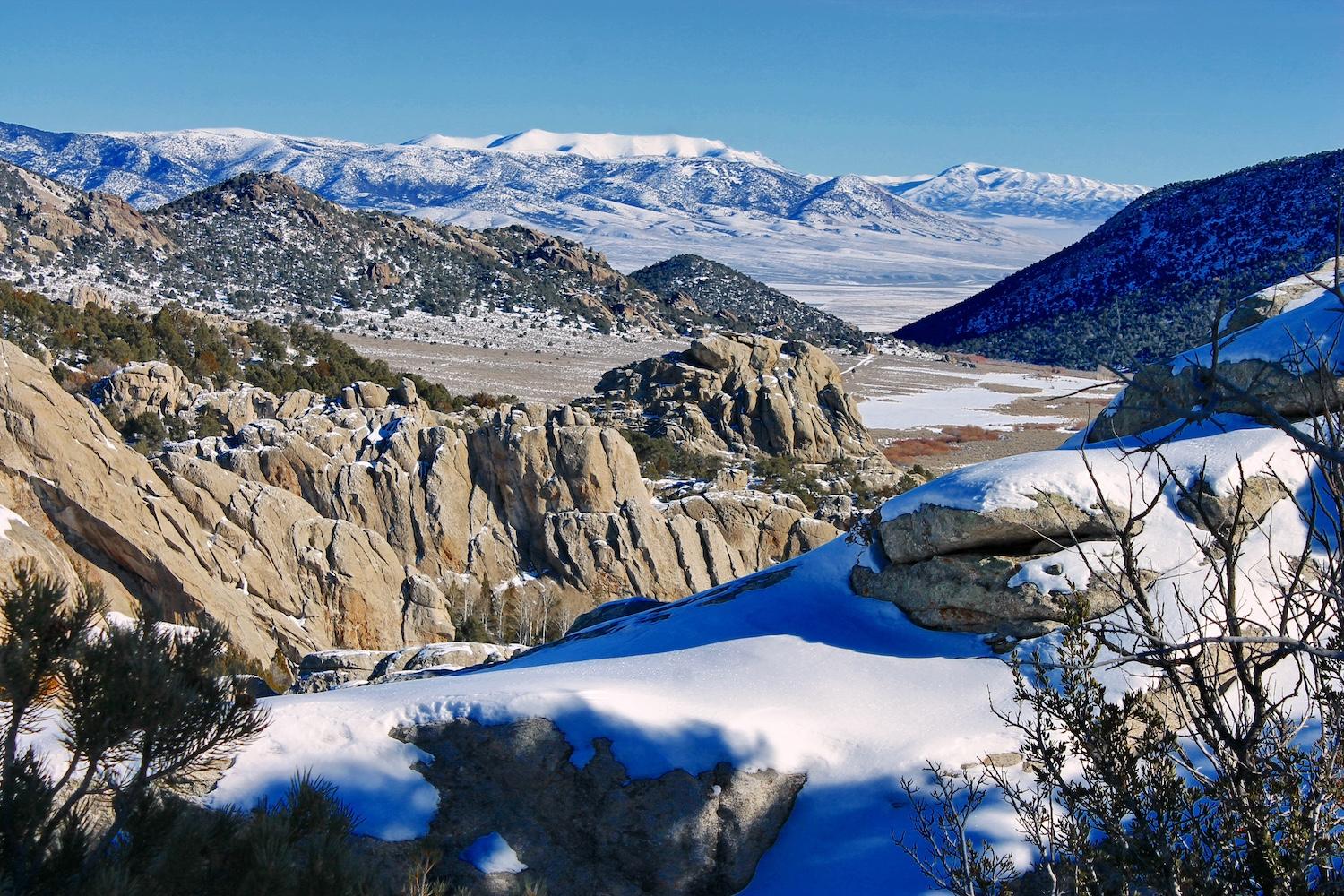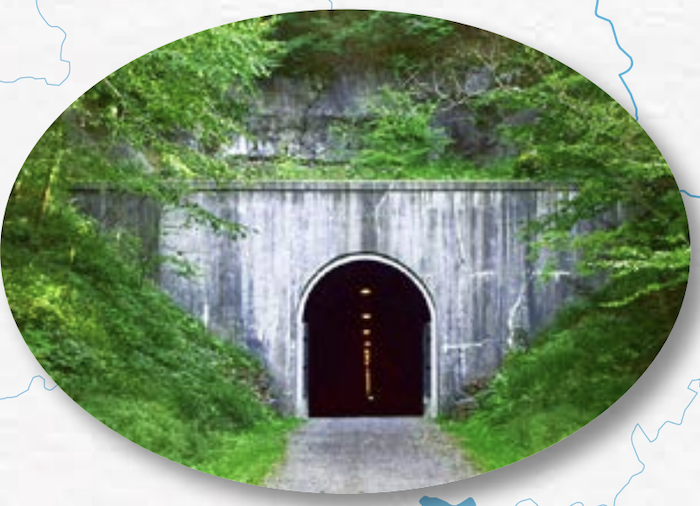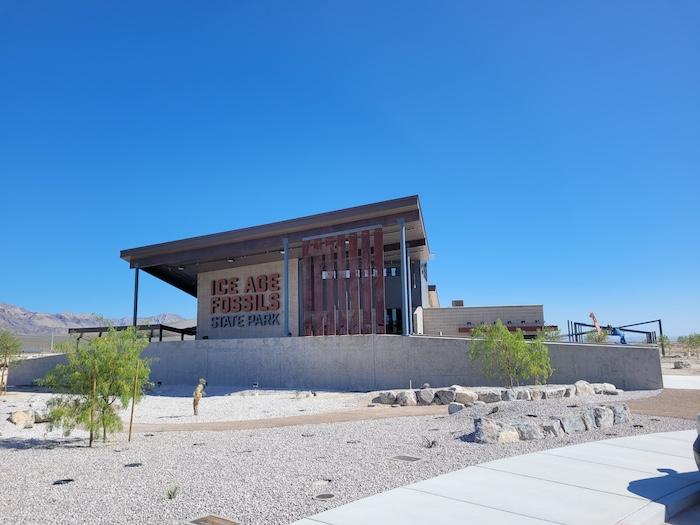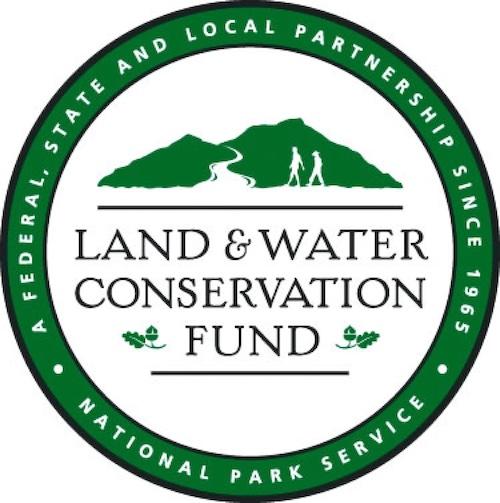
Inspector General: National Park Service Doing Poor Job Administering LWCF Dollars
By Lori Sonken
The Great Allegheny Passage (GAP) trail traverses about 150 miles from Cumberland, Maryland, to Pittsburgh, Pennsylvania. Bicyclists, hikers, cross-country skiers, and people in wheelchairs can catch views of the Youghiogheny and Monongahela rivers, stop to read historical markers at the Mason-Dixon Line and the Eastern Continental Divide, and visit restaurants, inns, and campgrounds without worrying too much about cars.
Without the $2 million infusion from the Land and Water Conservation Fund (LWCF) in 2001, the GAP trail might not exist today. The support helped finance the $12 million rehabilitation of the 3,300-foot-long Big Savage Tunnel, formerly serving trains and now accommodating cyclists riding the GAP trail with lights on their bikes.

Land and Water Conservation Fund grants helped pay for rehabilitation of the Big Savage Tunnel in southwestern Pennsylvania/NPS file
The tunnel rehabilitation is just one of more than 45,000 recreation projects nationwide that the LWCF’s State Assistance Program has supported in virtually every county.
But the program could be in jeopardy if the National Park Service does not improve its administration of LWCF support provided to the states, according to a 51-page report from the Department of the Interior’s Office of the Inspector General (IG) early last month.
“Without the NPS’s effective oversight and monitoring, the LWCF is at an increased risk of property and mismanagement of funds,” which could threaten the success of the program, the IG said.
The Secretary of the Interior has doled out more than $5.2 billion generated from oil and gas companies’ leases in the Outer Continental Shelf — not taxpayers’ revenues — to the states for recreation projects since 1964. The LWCF got a huge boost in 2020 when the Great American Outdoors Act (GAOA) was enacted during the Trump administration. Of the $900 million now deposited annually into the LWCF, states receive a combined minimum of $360 million annually based on a formula that considers population, need, and an equitable distribution factor.
Because the federal contribution must be matched by state and local sponsors, the LWCF stateside program has provided more than $10 billion for outdoor recreation facilities, including ball fields, swimming pools, and parks for hikers, skateboarders, and off-leash dogs. The funds have also supported water parks, aerial tram upgrades, pump tracks, and all-inclusive playgrounds, such as LEO’s Haven, in Santa Cruz County, California, where a racetrack for wheelchair users circles the playground’s perimeter and structures are wheelchair accessible.
The IG focused it investigation on management of the LWCF’s stateside program for fiscal years 2017 through 2020. The IG found that NPS:
- Lacks a real property listing of all LWCF-supported projects.
- Fails to conduct required State program reviews or monitor the states’ administration of LWCF funds.
- Does not track states’ eligibility to receive funds or let states know when their State Comprehensive Outdoor Recreation Plan requires updating.
- Declines to collect and analyze financial and performance reports.
- Needs a process to ensure appraisals comply with the Uniform Appraisal Standards for Federal Land Acquisitions.
- Has no policies guiding grant award timelines.
“Nothing in the report was out of the blue," said Eric Feldbaum, president, National Association of State Outdoor Recreation Liaison Officers (NASORLO), the primary organization advocating for the LWCF State Assistance Program.
Appointed by governors, NASOROLO’s members are responsible for managing the LWCF stateside program in their respective states. Feldbaum is also administrator of New Hampshire’s State Parks Bureau of Community Recreation, which saw its funding increase from $300,000 before GAOA enactment to about $2.8 million annually today.
States have been grappling with NPS deficiencies for years, sometimes even paying for them.

Delays by the National Park Service cost the state of Nevada more than $40,000 on developing the visitor center at Ice Age Fossils State Park/State of Nevada
For example, in 2019 the state of Nevada received an LWCF grant and hired a contractor for the site work in preparation for construction of a visitor center at Ice Age Fossils State Park, slated to open in 2024. Once Nevada received subsequent LWCF funds, the state submitted an amended plan increasing the scope of work and budget to support construction of the visitor center and interpretative elements explaining the park’s paleontological and historical resources, in addition to the site preparation work. The contractor was put on hold while Nevada and NPS staff spent nine months debating whether LWCF monies could be used for the interpretive elements. Rather than continue arguing, Nevada removed the controversial elements from the visitor center plan and NPS gave the go ahead. But Nevada had to pay $44,371 to keep the contractor on hold, said Janice Keillor, a deputy administrator in Nevada’s Division of State Parks.
To receive LWCF funding, states must prepare a Statewide Comprehensive Outdoor Recreations Plans (SCORP) for NPS approval every five years. Of the 10 states the IG reviewed, Wisconsin, Illinois, and California had lapsed plans.
“The failure to timely update SCORPS not only violates the requirements of the Act but it could also interrupt the LWCF program in States by suspending their eligibility to access apportioned formula grant funds,” the IG said.
The IG’s findings are consistent with Feldbaum’s experience in New Hampshire. The state’s SCORP was set to expire at the end of 2023. As of early January, Feldbaum had not heard whether NPS had approved New Hampshire’s updated SCORP or whether the term of the existing SCORP was extended. He was unclear if the state remained eligible for LWCF funding.
Similarly, the state of Massachusetts submitted its SCORP covering 2023-2028 in June 2023, but is still awaiting final approval.
NPS staff are to visit LWCF-supported sites “as frequently as practicable on a spot check basis,” according to NPS’s Federal Financial Assistance Manual (Oct 1, 2023). In the decade that Feldbaum has held his position, the NPS has never visited New Hampshire to inspect recreation projects.
Another issue the IG questioned is the appraisal the state of Massachusetts used to purchase 20 acres of land costing $454,500 for a park in Middleborough in 2020. Federal regulations and the NPS’s LWCF manual for the state assistance program require the use of the Uniform Appraisal Standards for Federal Land Acquisition, but the IG said a different standard — the Uniform Standards of Professional Appraisal Practice — was used in determining the appraisal.
Had the appropriate standard been used, it’s unclear if the appraisal would have turned out differently. In its response to the IG, the NPS said it would resolve the $227,500 in LWCF questioned costs (the federal portion of the $454,500 award) but noted “…even when an appraisal is not prepared in full conformity to the federal standards, it does not necessarily mean the resulting valuation is incorrect.”

The Park Service gave several reasons for its deficiencies in running the LWCF State Assistance Program, including records lost when the Interior Department migrated all bureaus to the Financial and Business Management System. The agency currently is developing a new system to integrate site and grant data, track state inspection information, and inventory financial and performance report, according to its initial response to the IG.
NPS believes its “staffing expansion plan” will help the agency conduct program reviews for all states. Because of “limited capacity,” NPS said it is “not always able to remind State partners that their SCORPS were due to expire,” but the agency said there is now policy and internal guidance for SCORP extensions.
In its response to the IG, the Park Service also said there are plans to hire five grant management specialists, a new SCORP team, a national SCORP program coordinator, and a planning specialist in each regional office. The Biden administration’s Fiscal Year 2024 Budget Request supports the addition of 10 additional staff to administer the stateside program.
“Regardless of the reasons for these deficiencies, as a result, there is no assurance that LWCF State Side program goals and objectives are being achieved,” the IG said.
Keillor, the deputy administrator in Nevada, believes it’s crucial that the Park Service address the issues raised by the IG.
“When we have money and can’t spend it or can’t get answers or they change the rules on us, the money just sits there. Congress is going to think we don’t need it and will sweep it, “ she said.
But Keillor believes NPS is improving. So does Feldbaum. Both appreciate the agency's hiring of Lauren Imgrund, associate director for partnerships and civic engagements, in 2023.
Formerly the deputy secretary for conservation and technical services at the Pennsylvania Department of Environmental Protection, Imgrund was president of NASORLO in 2017. In 2016, she chaired NASORLO’s Committee on Improving the Efficiency and Effectiveness of the LWCF Program for State and Local Governments and sent NPS a memo supporting the modernization of the LWCF.
“The objective of this request is to create a digital GIS that accurately maps the boundaries of all LWCF-assisted properties throughout the country and articulates the contractual obligations of each state and its contractees to protect LWCF-assisted projects for recreational purposes,” the memo said.
Now, Imgrund is in a position to implement her own request.
She is also the NPS official tasked with responding to the IG’s recommendations over the next several years. The Traveler has reached out to the National Park Service to discuss the situation with Imgrund and is waiting on a reply.
“We are all excited and ready to move forward and modernize the program in a way that follows the law,” said Feldbaum.

Add comment